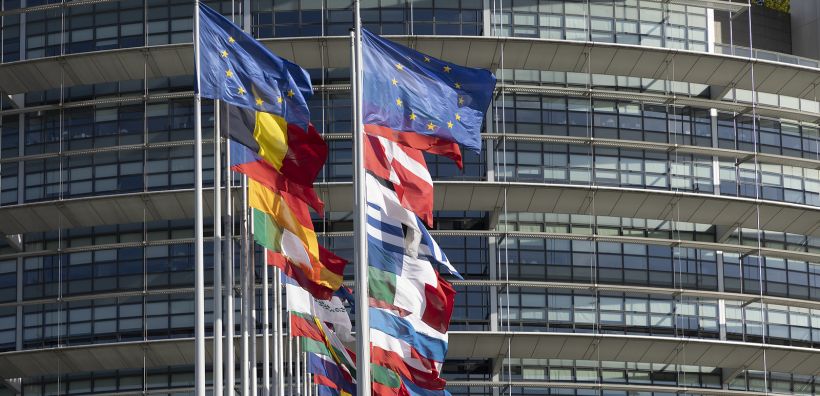European fears of further energy-crisis woes that could result from the nearing end of a five-year pipeline gas transit agreement between Kyiv and Moscow for Russian gas supply to Europe via Ukraine, appear to be manageable, as long as a series of specific measures are implemented, most EU ministers responsible for energy agreed at an Energy Council in Brussels yesterday.
The bilateral agreement between Ukraine and Russia expires at the beginning of 2025. Ukraine has declared it does not intend to renew this agreement.
Further energy-crisis concerns as a consequence of this agreement’s conclusion, expected to reduce the EU’s total gas imports by 5 percent, can be prevented if EU member states speed up their development of roughly 20 LNG facilities planned from Europe’s north to south; renewable energy investments gain further momentum; energy-savings measures are continued; natural gas consumption reductions continue at the current rate; and LNG imports are increased to make up for reduced Russian gas imports, energy ministers of most EU member states agreed at the Brussels meeting.
Last year, approximately 14 bcm of Russian gas was transported through the Ukrainian corridor to countries such as Austria, Hungary and Slovakia.
Numerous EU member states achieved renewable energy production all-time highs last year. In Portugal, renewables covered 61 percent of the country’s energy needs in 2023. RES coverage of Greece’s energy needs reached 57 percent. In Germany, RES units met 52 percent of the country’s energy needs, while in Belgium the figure reached over 30 percent.





